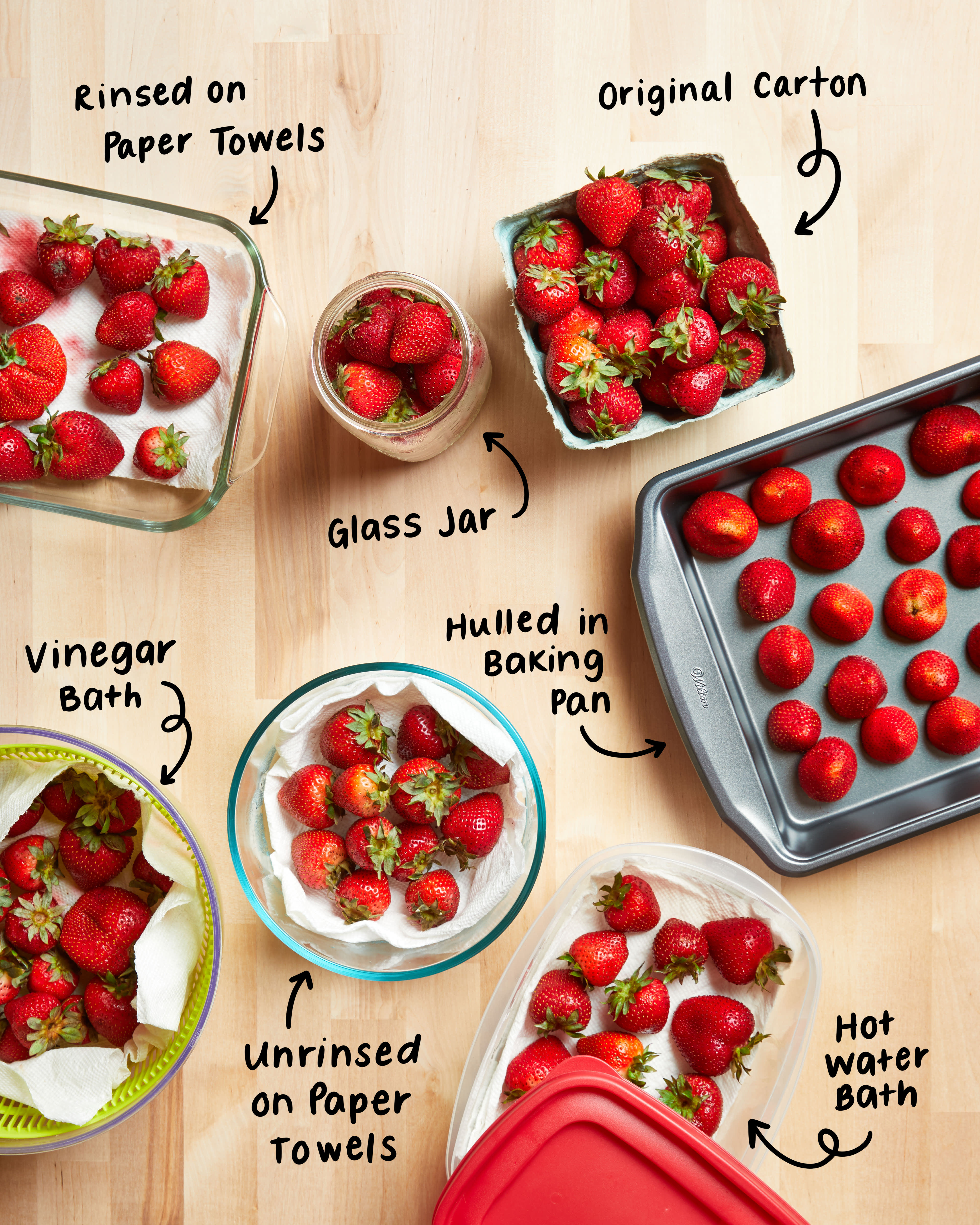
Apply Now


How to Effectively Get Alcohol Out of Your System for 2025
Alcohol consumption can often lead to various health risks, and understanding how to safely detox and eliminate alcohol from your body is vital for maintaining optimal health. Whether you are preparing for a sober month, dealing with the aftermath of a heavy night of drinking, or recovering from alcohol dependency, knowing how to detox from alcohol can significantly impact your health and well-being. This article will explore methods to flush alcohol from your body, outline the importance of hydration, and provide practical tips for a successful detoxification journey. Effective alcohol elimination techniques can improve liver function and speed up the detox process. We will discuss the importance of diet, hydration, and exercise, as well as supplements that support your efforts. By adopting the right approach, you can ease symptoms of alcohol withdrawal and ensure your body recovers more efficiently. With that in mind, let’s dive into effective methods to get alcohol out of your system quickly, exploring the best practices for detox in 2025.Understanding Alcohol Metabolism and Its Implications
Alcohol metabolism is a complex process involving the liver, where the body breaks down alcohol into less harmful substances. This process is crucial for detoxification, explaining how the body deals with alcohol throughout the day. Understanding alcohol's half-life—around 6-8 hours for most beverages—can help you grasp how long it may take your body to detox after consumption. Alcohol is primarily eliminated from your bloodstream through liver enzymes, with the body typically metabolizing one standard drink per hour. Factors such as body weight, sex, genetics, and overall health influence this rate. Recognizing how long alcohol stays in your system can help you plan drinking events and recovery, particularly if you want to manage alcohol-related effects effectively. It's also important to understand that heavy drinking can lead to dehydration, which can slow down the detox process and exacerbate withdrawal symptoms. By prioritizing hydration, you can foster a quicker recovery.The Importance of Hydration
Hydration plays a critical role in the detoxification process, helping the body flush out toxins and support liver function. Drinking water to remove alcohol not only aids in rehydrating after drinking but also improves overall well-being. The general guideline is to drink at least eight 8-ounce glasses of water daily, but during detox, this may need to be increased. When consuming alcohol, the body becomes dehydrated, leading to symptoms such as headaches and fatigue. To combat these effects, consider incorporating electrolyte-rich drinks, herbal teas, or detox drinks for alcohol that contain antioxidants and vitamins. These can help restore balance and promote recovery during your detox journey. In addition to drinking enough fluids, it's essential to recognize the impact of food on alcohol elimination. Foods rich in antioxidants, fiber, and vitamins can support liver health and improve detoxification.Diet for Alcohol Detox
A balanced diet is crucial when detoxing from alcohol. Foods that support liver function, such as leafy greens, avocados, and beetroot, can promote detoxification. Incorporating fiber-rich foods can enhance your digestive system, aiding in toxin elimination. Moreover, vitamins such as B-complex, vitamin C, and antioxidants like vitamin E can play a vital role in liver repair and detoxification. Natural detox foods, including bananas, ginger, and garlic, also enhance your metabolic rate, providing a more effective detox. To create a comprehensive plan, ensure you have a variety of healthy choices: lean proteins, whole grains, fruits, and vegetables. Adjusting your diet not only aids in alcohol elimination techniques but also sets the stage for long-term health benefits.Exercise Benefits for Detox
Engaging in physical activity is another effective method to expel alcohol from your body. Exercise boosts your metabolism, promoting faster alcohol clearance from your system. Regular workouts can help you manage stress and prevent cravings, making it easier to maintain sobriety during detox. Even moderate exercises like walking, yoga, or light cardio can significantly contribute to your detox efforts. Additionally, incorporating strength training can support muscle growth and improve overall health, enhancing your body's ability to recover from the effects of alcohol. Notably, finding a routine that combines physical activity with proper hydration and nutrition can amplify the effects of your detox plan. Building a consistent exercise habit can lead to improved mental health and a more positive attitude toward sobriety.Common Symptoms and Medical Support During Detox
Alcohol withdrawal can lead to a range of symptoms, varying from mild to severe. These may include anxiety, irritability, insomnia, and physical discomfort. Understanding the signs of alcohol withdrawal helps in managing your expectations and seeking medical treatment if necessary. For some individuals, professional help may be required to ensure a safe detox process. Medical treatment for alcohol detox can provide support and minimize withdrawal symptoms through medications or supervised detox programs. It’s essential to consult health professionals for personalized detox strategies tailored to your specific needs. Moreover, home remedies for alcohol detox can sometimes supplement medical treatment, providing a holistic approach to recovery. Staying connected with support groups or recovery programs can be invaluable as you navigate this challenging journey.Natural Detox Methods to Support Recovery
When exploring the safest ways to detox alcohol, consider embracing natural detox methods. This approach often involves lifestyle changes, including balanced nutrition, regular physical activity, and stress management techniques. Natural remedies such as detox teas and fiber-rich foods for detox can also help support liver function and expedite alcohol elimination. Additionally, establishing a routine that accommodates rest and recovery can significantly enhance your detox journey. Furthermore, understanding craving management and mental health during detox is crucial for long-term recovery. Implementing coping mechanisms for sobriety—like journaling, engaging in hobbies, or practicing mindfulness—can build resilience and expand your support network.Supplements for Alcohol Detox
Integrating supplements for liver health can enhance your detoxification journey. Essential nutrients such as milk thistle, N-acetyl cysteine, and alpha-lipoic acid are known for their liver-supporting properties. These supplements can help mitigate the effects of heavy drinking and accelerate recovery. A well-rounded supplement routine should complement a healthy diet and lifestyle changes. Consulting with a healthcare professional before adding any new supplements is recommended, ensuring they align with your detox goals and health status.Detox Support Systems and Resources
Building a support system during the detox process can significantly impact your success. Involving family, friends, or support groups can provide emotional nourishment, helping you overcome challenges and maintain motivation. Online resources, community support groups, and professional counseling can also enhance your detox experience, providing insight into coping strategies and sober living. Many organizations specialize in alcohol-related issues, offering workshops, meetings, and information tailored to individuals seeking sobriety. Maintaining your commitment to sobriety involves understanding the psychological aspects of alcohol detox and building a robust support network. Establishing connections with those who share similar goals can lead to long-term recovery success.Conclusion: Embracing Healthier Living Post-Alcohol
Understanding how to effectively get alcohol out of your system for 2025 goes beyond mere detoxification. By adopting a holistic approach that includes hydration, proper nutrition, physical activity, and emotional support, you can promote a healthier lifestyle post-alcohol. Implementing these strategies, including natural detox methods and appropriate medical treatments, allows you to navigate the complexities of alcohol detox more effectively. The journey may be challenging, but with the right support and knowledge, you can successfully reclaim your health and embrace a brighter future of sobriety.
